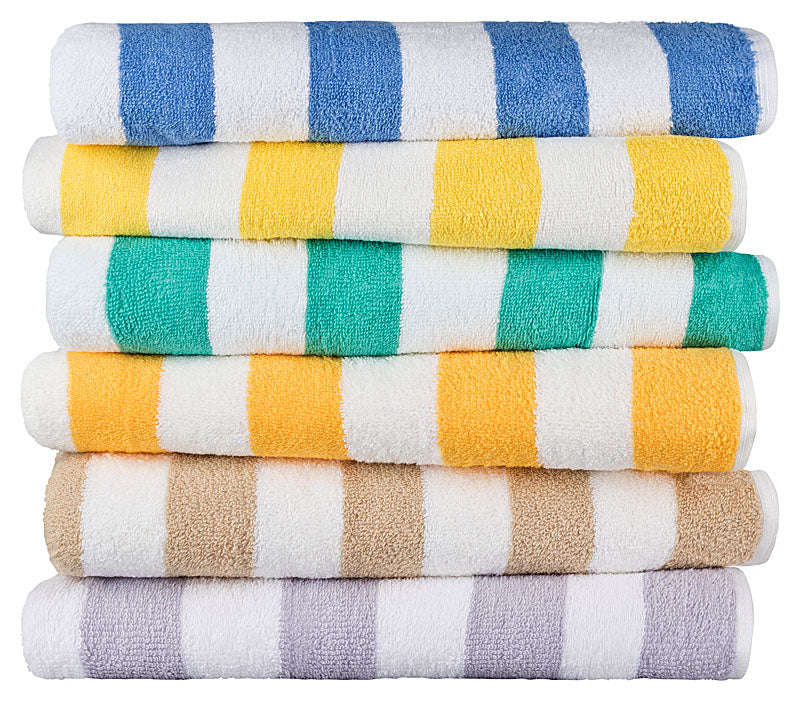Regular ventilation significantly extends the life of textiles. Ventilation removes moisture, prevents the growth of bacteria and mold, and maintains the structure of textile fibers. Good air circulation keeps interior textiles fresher and more durable, which saves money in the long run and improves the air quality in your home.
Why is ventilation of textiles important for their lifespan?
Ventilation of textiles is essential for their longevity, as it maintains the structure of the material and prevents harmful conditions. Air circulation helps textile fibers maintain their flexibility and strength.
Interior textiles collect moisture, dust and various particles every day. Without regular ventilation, these impurities get trapped in the fibers and gradually begin to degrade the quality of the material. Bedding, curtains and sofa cushions in particular benefit from regular air circulation.
Ventilation also acts as a preventative maintenance measure. It reduces the need for washing, which in turn protects textiles from wear and color fading.

How do humidity and poor ventilation affect textiles?
Humidity and poor ventilation cause irreversible damage to textiles. They create ideal conditions for bacteria, mold and dust mites, which eat away at textile fibers from the inside.
Moisture buildup leads to odors that penetrate deep into the fibers. These odors are often difficult to remove with regular washing. In addition, moisture weakens the structure of the textile, which is reflected in the material loosening and color changes.
Poor air circulation makes the situation even worse. Constant humidity can cause mold growth, which not only spoils textiles but also poses a health risk. Bedroom textiles in particular are prone to moisture problems.
How does regular ventilation improve the durability of textiles?
Regular ventilation improves the durability of textiles through moisture management and air circulation. Fresh air carries away harmful moisture and keeps the fibers in optimal condition.
Ventilation prevents odors and reduces bacteria in textiles. This means that materials stay hygienic for longer without frequent washing. Fewer washes mean less wear and tear and a longer lifespan.
Different types of textiles benefit from ventilation in different ways. Natural fibers like cotton and linen breathe better, while synthetic materials need more active air circulation to remove moisture. High-quality textiles used in hotels and Airbnb accommodations are best preserved with regular ventilation.

Best practices for airing textiles at home
Effective textile ventilation starts with daily routines . Open the windows in the morning for at least 15 minutes and let fresh air circulate in all rooms.
In the bedroom, it is a good idea to air out bedding daily by lifting the covers off the bed. Curtains benefit from being shaken out regularly and windows opened near them. Sofa cushions in the living room should be turned and aired weekly.
| Room | Ventilation interval | Special notes |
| Bedroom | Daily | Airing out bedding, pillows upright |
| Living room | 2-3 times a week | Sofa cushions reversible |
| Bathroom | After each use | Towels should be spread out to dry. |
At our showroom in Helsinki, you can explore high-quality interior textiles that withstand regular airing and retain their shape for a long time. Proper care and airing of textiles ensures that your investment in high-quality interior materials pays off in the form of a longer service life.



